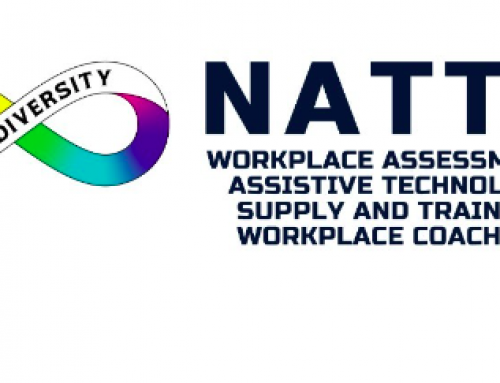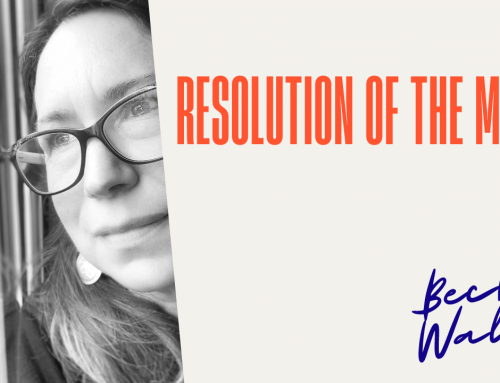Richard Branson, Bill Gates and Steve Jobs have all said they use intuition for business and let’s face it, they have had quite a bit of success with it.
Firstly, it’s a time and energy saver. Making decisions with your mind requires that you think, weigh up pros and cons, acquire information and often get stressed. After all of this thinking is done, the chances are you will go with the very first decision you made. You often know intuitively what to do, but we are taught that we need to have evidence for what we know. In an uncertain world, how realistic is the feeling of being certain? Imagine all the time and effort you could have saved if you moved on that very first impulse.
Know your future employees. Often what looks great on paper might not be so great in real life. It’s very easy to say yes to the right things in an interview and not have the capacity when it comes to the crunch. Employing the wrong people can be costly to a company.
Many headhunting firms are moving on from the personality questionnaire and, instead, using the skills of a high level intuitive to read their potential clients. Intuitive listening is when you can hear someone with more than your ears, you can read them, picking up emotional suitability and how a person will interact in the team. You can develop these intuitive skills yourself to make you a better listener, able to divert problems in your team before they arrive.
When you work with intuition you are able to have genius ideas that pop up out of nowhere. If you follow entrepreneurs who work with intuition such as those listed above, they seem to be able to know what business to sell or when to buy, just at the right moment and also come up with ideas that could be considered to be futuristic. It is my belief that many of us get these ideas, but simply don’t act upon them. Often something that has never been done before is overlooked precisely because no one has done it. It is those who don’t need validation who take the risks that often pay off.
It’s not possible to avoid all problems using intuition, but we need not we limit ourselves to the belief that we can only know what we know by thinking, when there is strong evidence in favour of the multiple ways we can know what we know.
An easy adjustment you can make to your everyday life, which will increase your intuition, is to become curious. That might sound a little simple, but by becoming curious about a problem, we engage the right hemisphere of the brain, which is where intuitive thinking stems from. We then open ourselves up to receive the information we need to solve the problem. Intuition has to be received rather than something we can seek out and grab. By being curious, in general, we change how we hear the world and become open to knowing more clearly what we really need to focus on.





